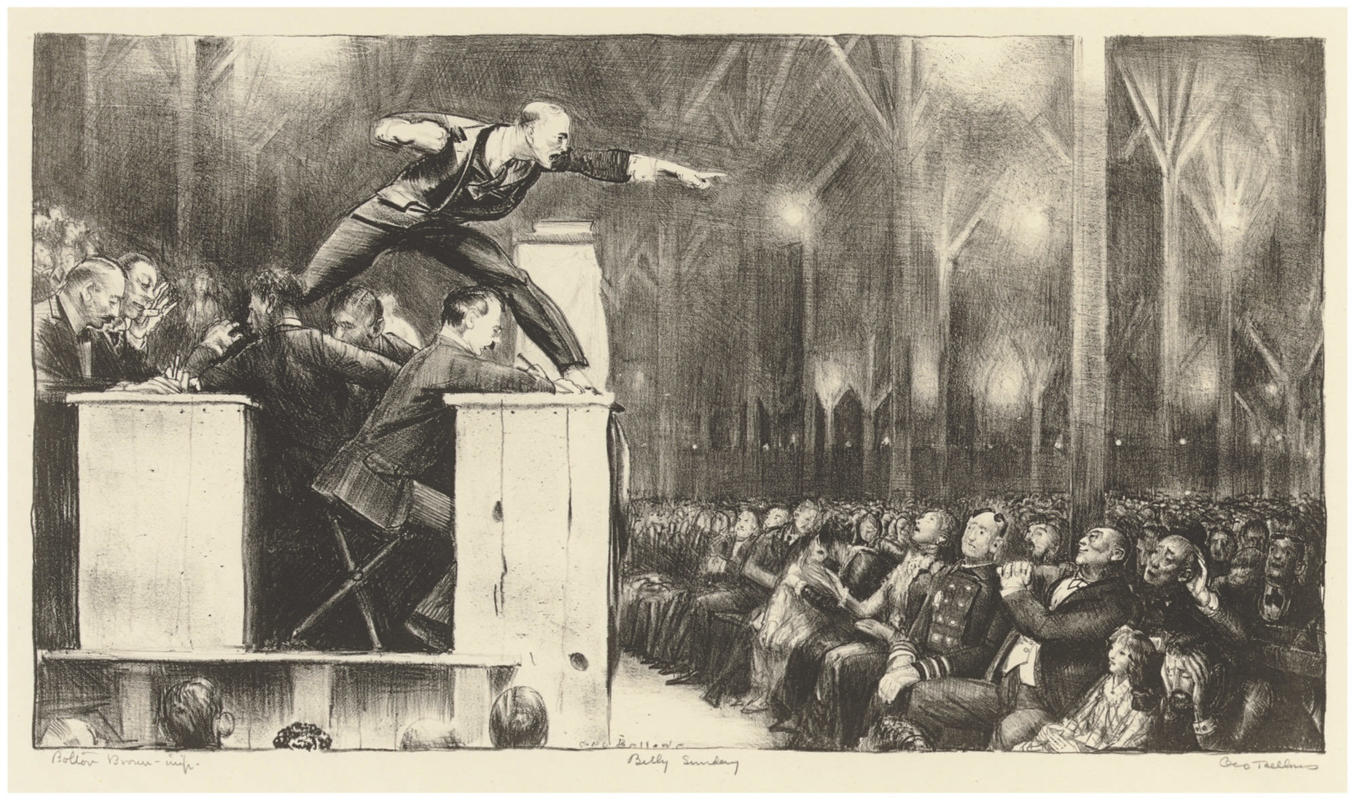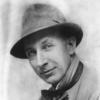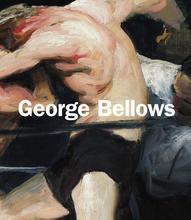More about Billy Sunday
- All
- Info
- Shop

Contributor
In a time before television, Billy Sunday’s sermons were the closest to a Netflix drama binge most Americans would get.
His narrative begins familiarly: a boy finding himself through sports and, with his athletic prowess, rising from tragic beginnings in rural Iowa (his father dead in the Civil War, replaced by an alcoholic stepfather) to become an acclaimed player on a Chicago baseball team. This traditional American success story shifted dramatically when, seemingly out of left field (sorry), he dropped the bat (sorry again) in favor of becoming an evangelical preacher. Sunday turned down a $3,500-a-year baseball contract to pick up one with less than a third of the monetary benefits (in 1891 dollars, no less) for the YMCA, back when it really was the Young Men's Christian Association and not just the home of vaguely traumatic summer camps and after-school martial arts classes.
As a preacher, Sunday quickly rose to national fame, pulling hundreds, then thousands, to his revivals. Historians have theorized that this was due to his preaching style embodying a particular form of religious rhetoric known as “Muscular Christianity,” which definitely is in the top tier of my favorite absurd word combinations. Muscular Christianity at first sounds like it could be an exploration of the kinky repressed homoeroticism common to so much Renaissance and Classical art of martyrs and saints, but don’t get your hopes up: it’s actually an evangelical tactic that posits traditional masculinity and manliness as the ideal Christian worshipper. The Muscular Christianity of late nineteenth- and early twentieth-century American Protestantism manifested this as obsession with sports, overt misogyny, anti-intellectualism, patriotism, and support of conservative politics.
Bellows’ contemporary etching succinctly captures how Sunday’s physical presence managed to reflect these ideals, which was only the starting point for his memorable preaching style. He used his athletic experience to fuel his active way of speaking, as he mimed baseball moves, yelled, ran around behind the pulpit, took his jacket off, and hit things to punctuate his similarly violent language. One fellow preacher had some qualms about Sunday’s methods, claiming that, “One of these sermons, until he tempered it down a little, had one ten-minute period in it where from two to twelve men fainted and had to be carried out every time I heard him preach it." It was an age in which mass entertainment was pretty much limited to sports or church, and the combined onslaught of both seems to have been too much for some listeners.
As well as bemoaning the apparently effeminate and intellectual state of most Americans at the time, Sunday took on the well-known anti-fun stance of many evangelical Protestants. His particular focus was the evils of alcohol, understandably so, considering his family history and how his first baseball coach did everything he could to ban drinking for the team to improve their playing capability. Sunday’s evangelical publicization of the Temperance movement was instrumental in passing the 18th Amendment, ushering in the Prohibition era.
Although Prohibition laws were relatively short-lived, other aspects of Sunday’s religious influence have remained in our culture. There is an unfortunate amount of modern fundamentalist American Christianity that seems to be a holdover from his misogynist, conservative style, with reproductive rights and evolution still somehow hot-button topics. Sunday himself accepted donations and support from the Ku Klux Klan on more than one occasion in his life, which raises some questions about how much his sermons were getting across the “love thy neighbor” part of the Bible. Unless you happen to be one yourself (and a white American man), Muscular Christianity is probably not all that it’s cracked up to be.
Sources
- Betts, Frederick William (1916). Billy Sunday, the Man and Method. Murray Press. In https://en.wikipedia.org/wiki/Billy_Sunday#cite_note-betts-37
- Clark, Justin. “Billy Sunday: Revival in Richmond.” Hoosier State Chronicles. August 21, 2017. https://blog.newspapers.library.in.gov/tag/billy-sunday/
- Hayat, A. Cyrus. Billy Sunday and the Masculinization of American Protestantism, 1896–1935. MA thesis, Indiana University, 2008.













This is a very interesting painting... Looking at the expression on most people's faces makes me think that something not good happened in this court session. Billy Sunday has a lot of blurred detail in the cathedral or church that they are in. I wonder what the purpose of this painting was? Great use of expression!